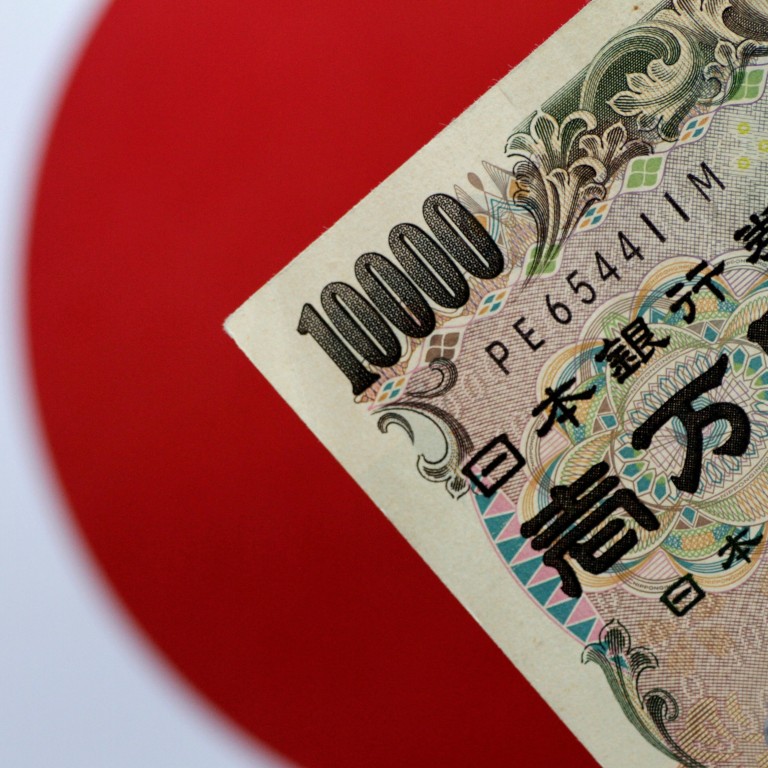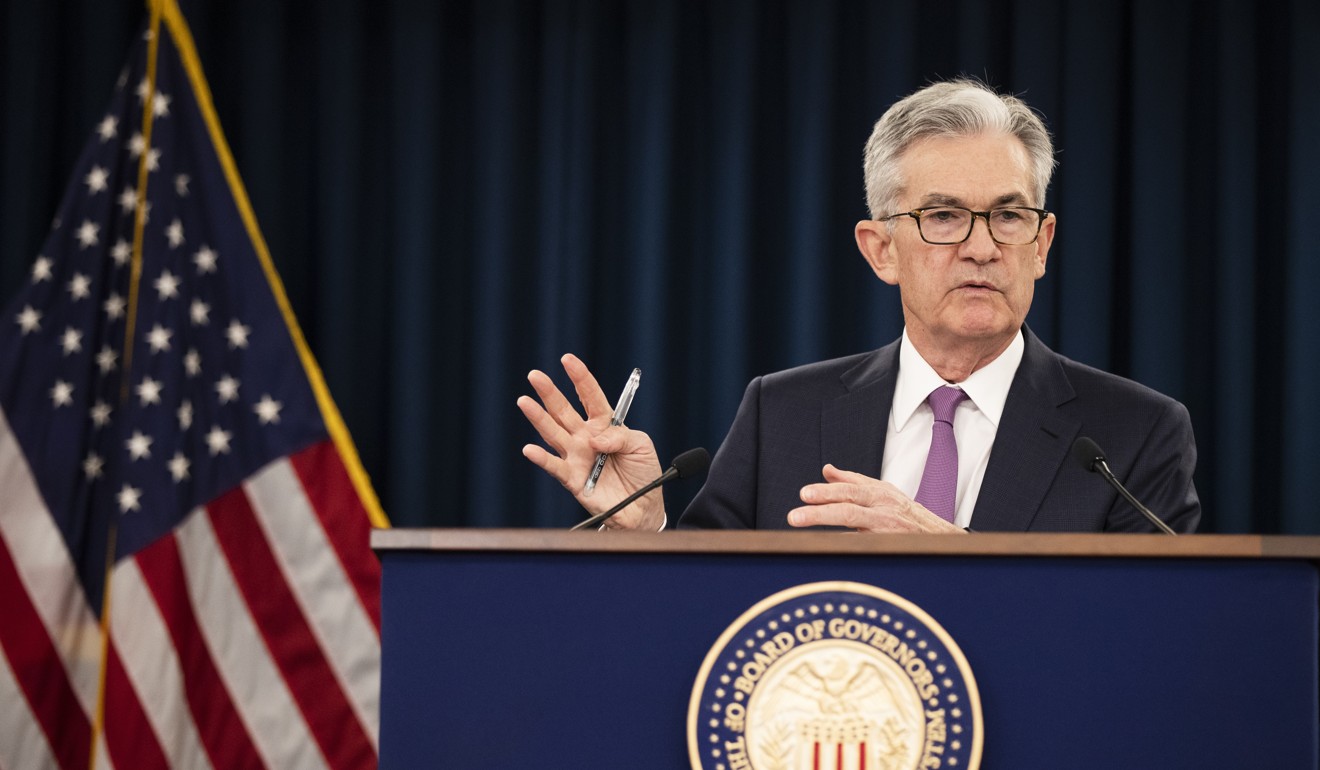
In a Trumpian world, Japan may have little choice but to accept a stronger yen
- Japan’s Ministry of Finance is unlikely to act to prevent a rise in the yen at a time when US President Donald Trump is accusing other countries of currency manipulation and complaining about Tokyo’s unfair relationship with Washington
Admittedly, Masatsugu Asakawa, who until last Friday was vice finance minister for international affairs at Japan’s Ministry of Finance, said last month that “if exchange rates are moving rapidly in a way that cannot be explained by economic fundamentals, Japan has no choice but to voice concern”.
First, unlike on many previous occasions, the idea that Japan’s finance ministry could choose to intervene in the currency markets to stem yen appreciation it deems unacceptable is highly unlikely under current circumstances.
Donald Trump wants a weaker US dollar. Bad idea
So, in reality, apart from verbal intervention, the ministry’s hands would appear to be tied at present.
Will Japanese yen be a safe haven for investors?
“If we really want to live up to our mandate, further monetary stimulus is now needed until there is improvement in economic and inflation prospects,” ECB Governing Council member Olli Rehn told German newspaper Boersen-Zeitung last Thursday.
As for the Fed – and leaving aside the continuing pressure to cut interest rates from Trump, who last Friday tweeted that the “Federal Reserve doesn’t have a clue” about the economy – a more dovish tone has been adopted by rate-setters including central bank chief Jerome Powell himself.
Strong US nonfarm payrolls data for last month doesn’t mean a rate cut of 25 basis points can be ruled out this month.
The bottom line is surely that, as Japan’s largest bank MUFG wrote in its foreign exchange outlook for July, upward pressure on the yen is “likely to be reinforced by the fact that the BOJ’s scope for following the Fed’s and other central banks’ lead is very limited”.

In these troubled times, China must make the yuan a safe haven
The prospect of Fed easing undermines the logic of these carry trades and, as a recent International Monetary Fund working paper notes, “Heightened uncertainty can lead to an appreciation in the yen through so-called ‘safe-haven effects’, which tend to be amplified by carry trade reversals as exchange rate uncertainty rises.”
Whether Tokyo likes it or not, the stars may be aligning for a rise in the yen.
Neal Kimberley is a commentator on macroeconomics and financial markets

